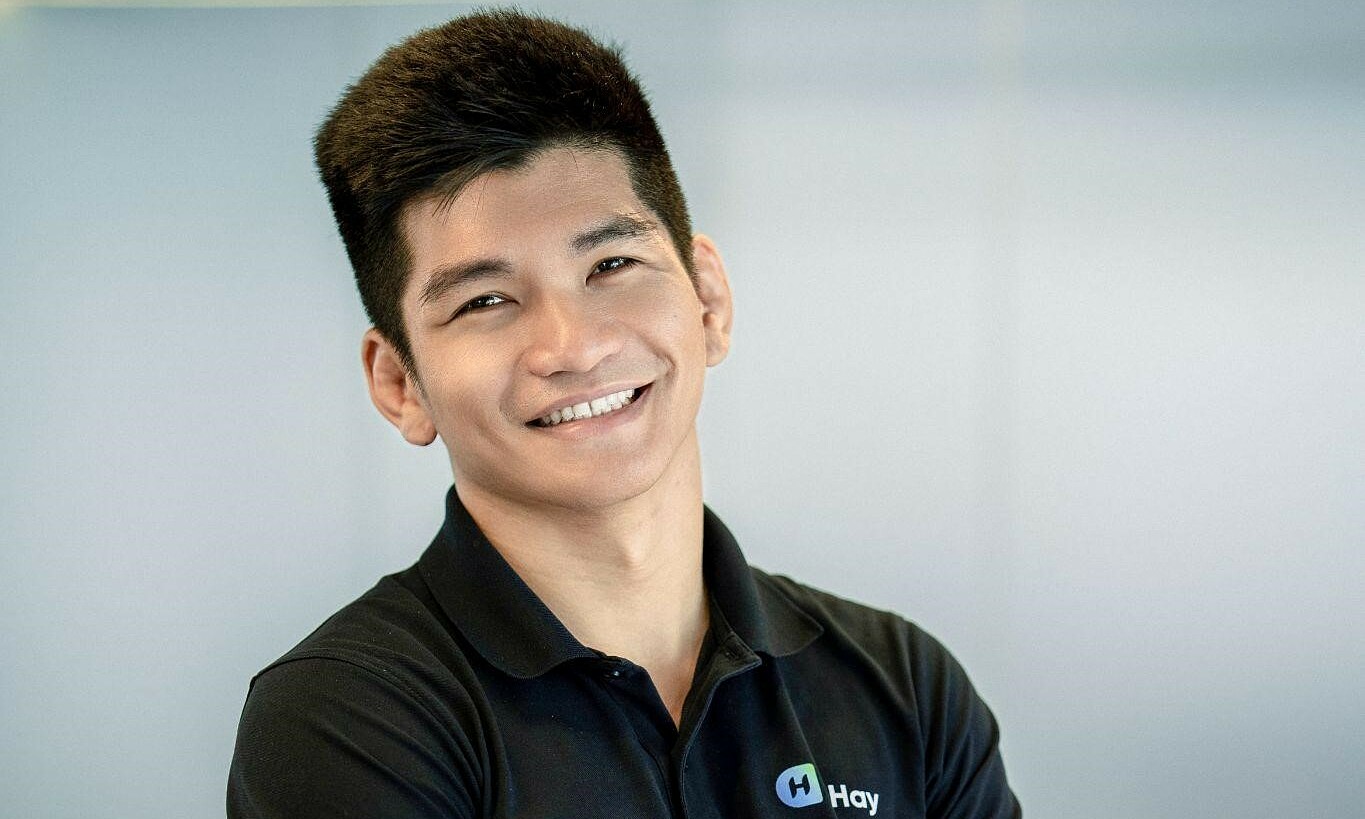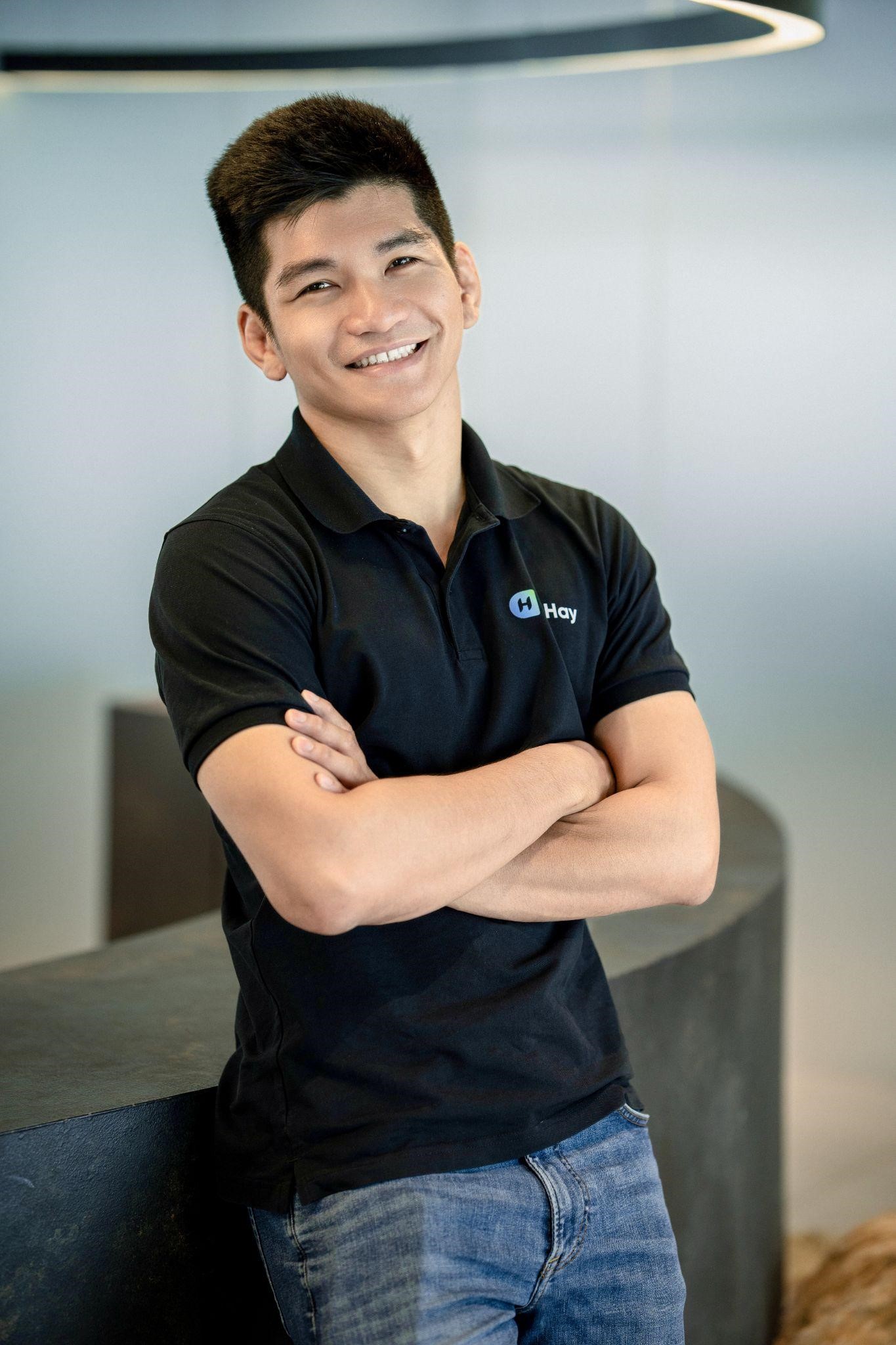Vietnamese AI Must Meet Local Needs to Thrive Globally: AI Hay COO

Vietnamese consumers have specific requirements that can be entirely fulfilled only through locally designed AI solutions. If these prove successful, they could then expand their reach across the region, according to Nguyen Hoang Hiep, COO at AI Hay.
AI Hay is an artificial intelligence-driven research and question-and-answer platform connected with social media, developed solely by Vietnamese engineers starting from 2022. Having garnered more than 10 million downloads, AI Hay has emerged as one of Vietnam’s leading educational AI apps. In 2024, it was among only three technology start-ups from Southeast Asia chosen for Amazon’s startup funding initiative.
Following your attendance at Nvidia GTC 2025, what are your thoughts on Vietnam’s artificial intelligence startup environment relative to international developments?
When considering size, we lag behind more advanced nations. However, regarding product quality and user experience, Vietnamese AI start-ups can certainly compete. The progress of AI Hay demonstrates that when start-ups target the appropriate issues with suitable solutions, they tend to succeed.
In Vietnam, many artificial intelligence start-ups concentrate on business-to-business (B2B) products. Business models aimed at consumers (B2C), however, tend to be neglected due to their intricacy. Nonetheless, we have opted for this route as we perceive significant opportunities here—with a population of 100 million, the scope isn’t minor. We aim to make AI more democratic by ensuring it becomes readily available and useful for regular individuals.

|
|
Nguyen Hoang Hiep, COO at AI Hay. Image provided by Hiep. |
Creating AI solutions for typical consumers involves going up against major players at both local and international levels. What makes you so sure about taking on this challenge?
Our starting point was the conviction that everybody—irrespective of their technological resources, financial situation, or educational background—ought to gain from advancements in artificial intelligence. This principle guided the creation of AI Hay. The core members of our founding group had prior experience developing a leading Vietnamese messaging application. Currently, we comprise a forty-member strong engineering team, entirely made up of Vietnamese individuals.
AI Hay combines AI, search, and social networking. It was built for users who find global AI platforms too foreign or complex. After three years, we have reached over 10 million downloads and serve millions of daily users. While we still have a long journey ahead, we believe this is the right—and necessary—direction for Vietnam.
Others believe that smaller startups cannot endure when larger technology companies become competitors. How do you react to this?
I find Zalo’s journey inspiring. Despite not being more sophisticated than WeChat or Viber, it managed to succeed by better comprehending and catering to the needs of Vietnamese users.
We have adopted that lesson in three distinct methods.
Initially, focusing on accessibility, AI Hay strives to cater to a wide range of Vietnamese users, including those who might lack technical expertise or experience interacting with foreign AIs and issuing commands in Vietnamese. The system is capable of comprehending ambiguous or unfinished Vietnamese inquiries, and its design is intended to resonate well with native users accustomed to struggling with non-local applications.
Second, we focus on social engagement. AI Hay is not just AI-generated answers. It's also a social platform where users share questions and insights. This human layer of knowledge is something we haven't seen in global apps.
The third point is affordability. We persist in providing top-tier features at no cost and remain dedicated to maintaining very low prices. This ensures that AI technology remains accessible to all Vietnamese individuals, irrespective of their economic status or education level.
With our exclusive Vietnamese language engine, we are now venturing into developing solutions for low-resource Southeast Asian languages. This presents an opportunity to expand throughout the region using locally informed approaches.

|
|
The user interface of the AI Hay mobile application. Photo courtesy of AI Hay |
Securing funding for a "pure Vietnamese" AI platform must have been a challenge. What did you learn from the experience?
The biggest lesson was about alignment. Investors and team members must truly believe in the mission. AI Hay is not a copy of something else—it is a product designed from the ground up for an underserved market: the Vietnamese population.
Without users, you can't iterate or improve. But without early investors, you may never reach those users. We're grateful to have found believers on both ends. Seeing other Vietnamese startups go global gives us confidence we can do the same.

|
|
According to COO of AI Hay, both users and investors play crucial roles in AI application. Photo courtesy of AI Hay |
What's your view on Vietnam's AI development environment?
Vietnam is establishing solid policy groundwork with the National AI Strategy for 2030 and Resolution 57, which demonstrate significant political commitment. However, the difficulty lies in luring foreign investment and expanding rapidly enough to maintain global competitiveness.
Vietnamese engineers rank highly within the region, yet their quantity falls short. This has led me to harbor two main aspirations. Firstly, introducing artificial intelligence education at an early stage is crucial. If younger generations grasp what AI entails, they will be better equipped to utilize it as both a learning aid and a programming resource, ultimately potentially becoming AI experts themselves. Secondly, fostering a robust software development ecosystem akin to those found in South Korea or Japan would be beneficial. Given how swiftly Vietnamese individuals embrace new trends, coupled with supportive policies and a vibrant technology sector, significant progress seems achievable. However, the focus should remain on delving deeply into fundamental technological aspects rather than merely stopping at surface-level applications.
Posting Komentar untuk "Vietnamese AI Must Meet Local Needs to Thrive Globally: AI Hay COO"